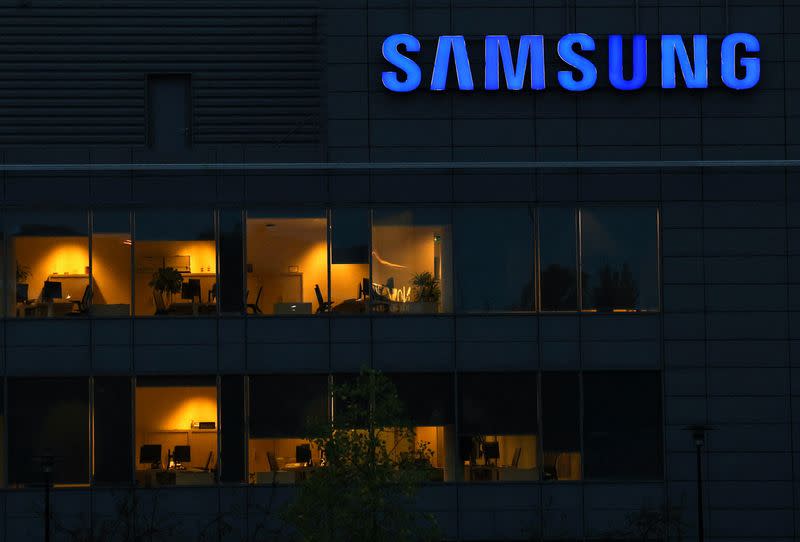Samsung Electronics wins cutting-edge AI chip order from Japan's Preferred Networks

SEOUL (Reuters) - Samsung Electronics said on Tuesday it won an order from Japanese artificial intelligence company Preferred Networks to make chips for AI applications using the South Korean firm's 2-nanometre foundry process and advanced chip packaging service.
It is the first order Samsung has revealed for its cutting-edge 2-nanometre chip contract manufacturing process. Samsung did not elaborate on the size of the order.
The chips will be made using high-tech chip architecture known as gate all-around (GAA) and multiple chips will be integrated in one package to enhance inter-connection speed and reduce size, Samsung said in a statement.
South Korea's Gaonchips Co designed the chips, Samsung said.
The chips will go toward Preferred Networks' high-performance computing hardware for generative AI technologies such as large language models, Junichiro Makino, Preferred Networks vice president and chief technology officer of computing architecture, said in the statement.
(Reporting by Joyce Lee; Editing by Christopher Cushing)

 Yahoo Finance
Yahoo Finance 